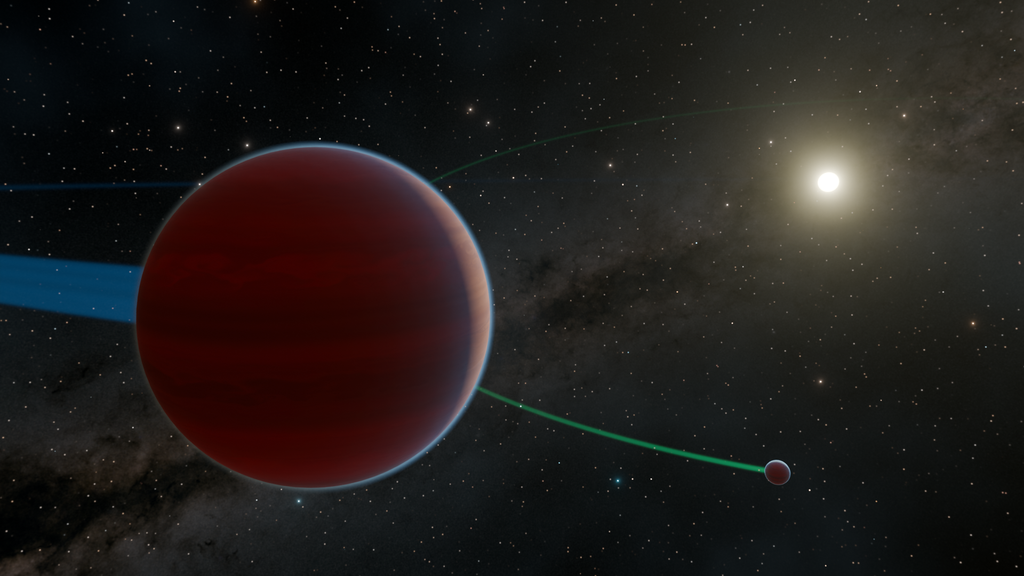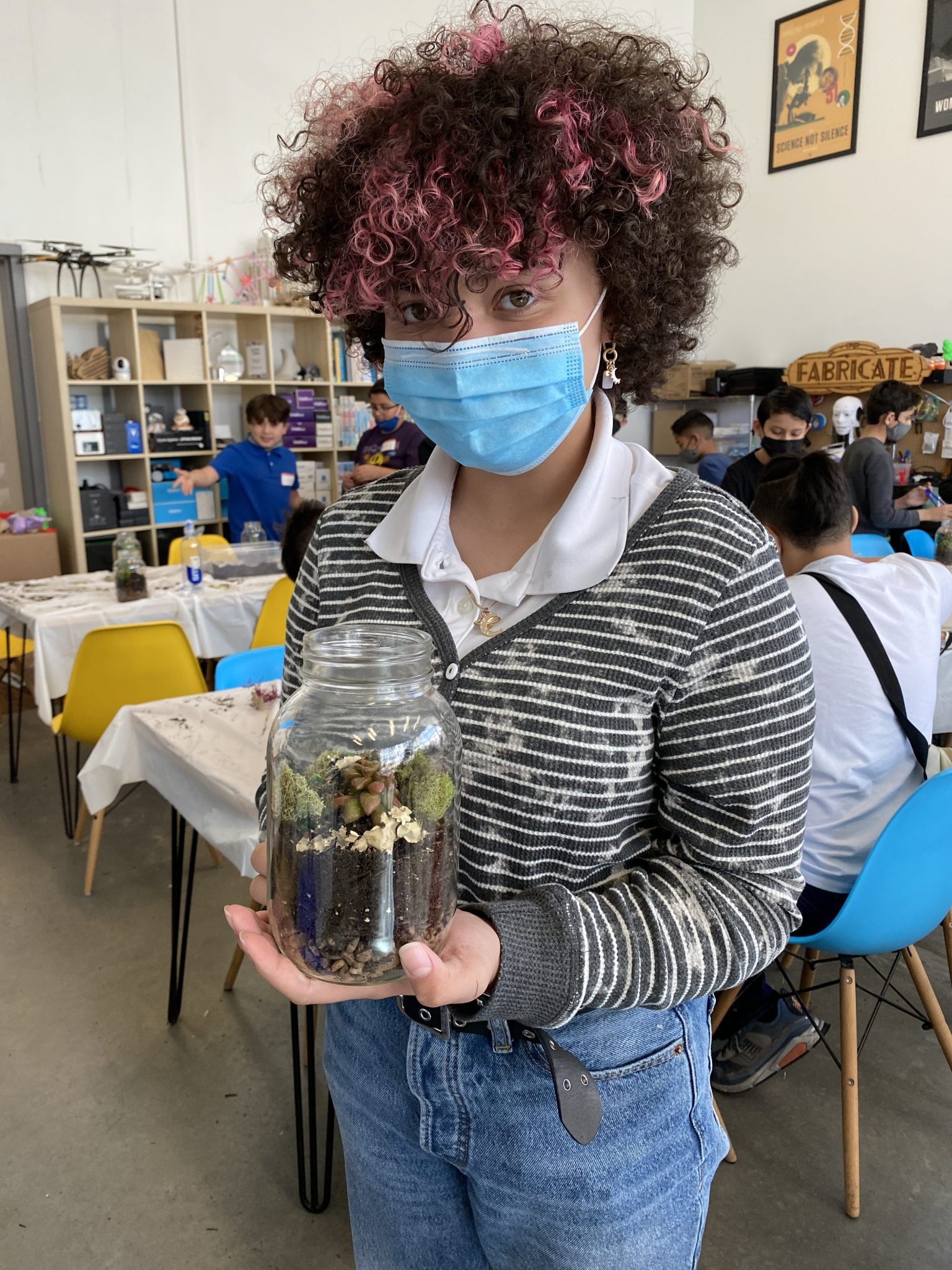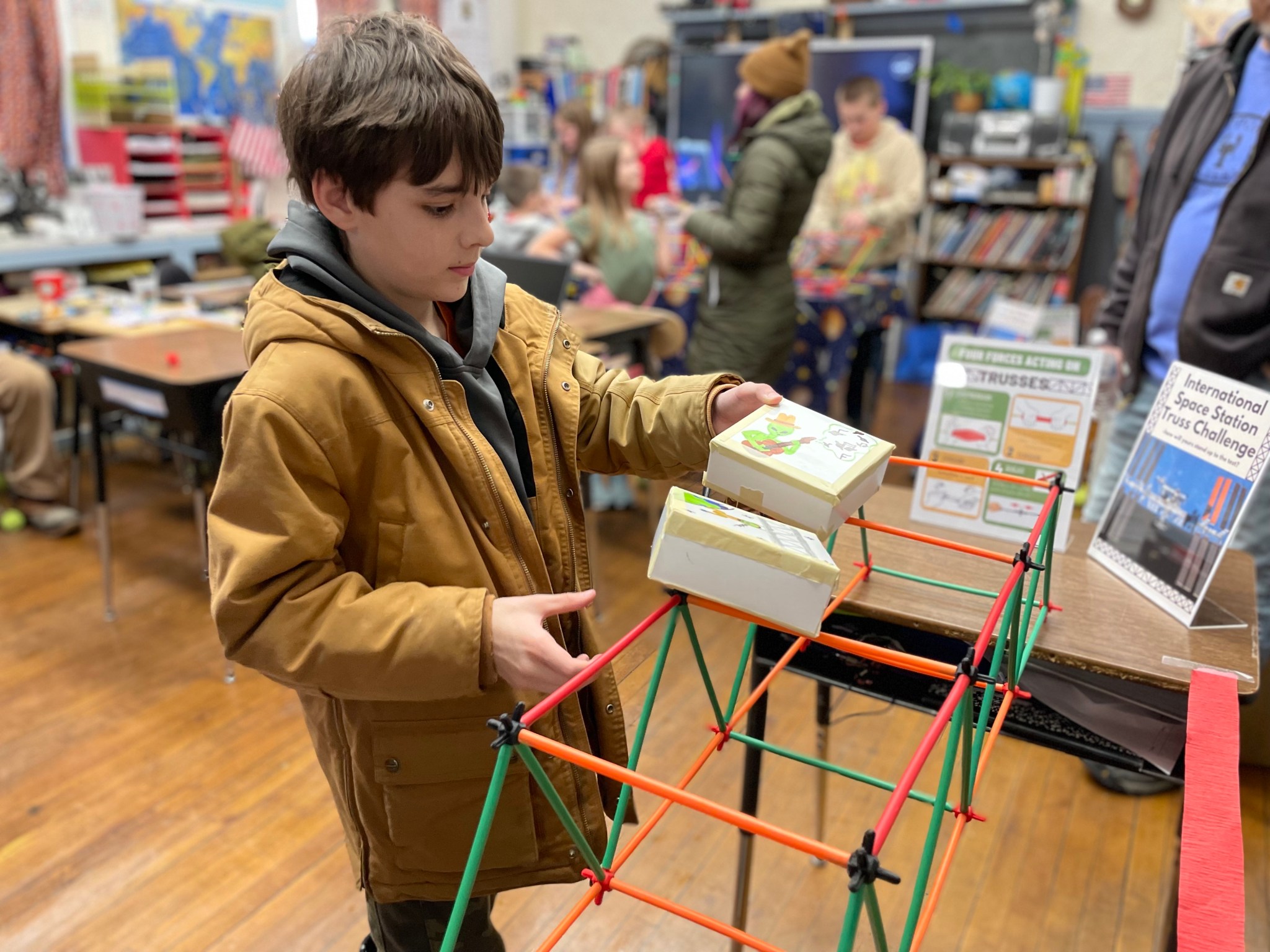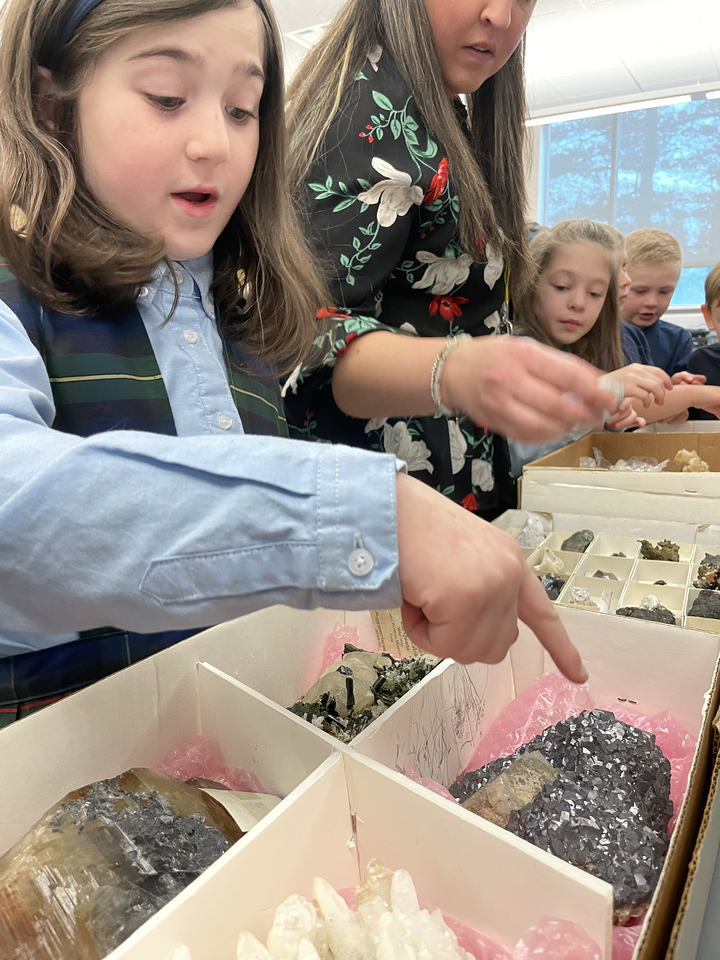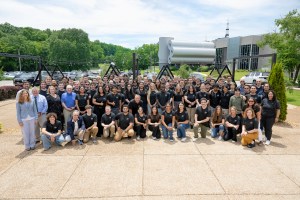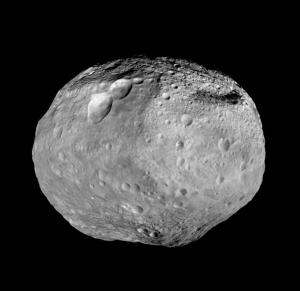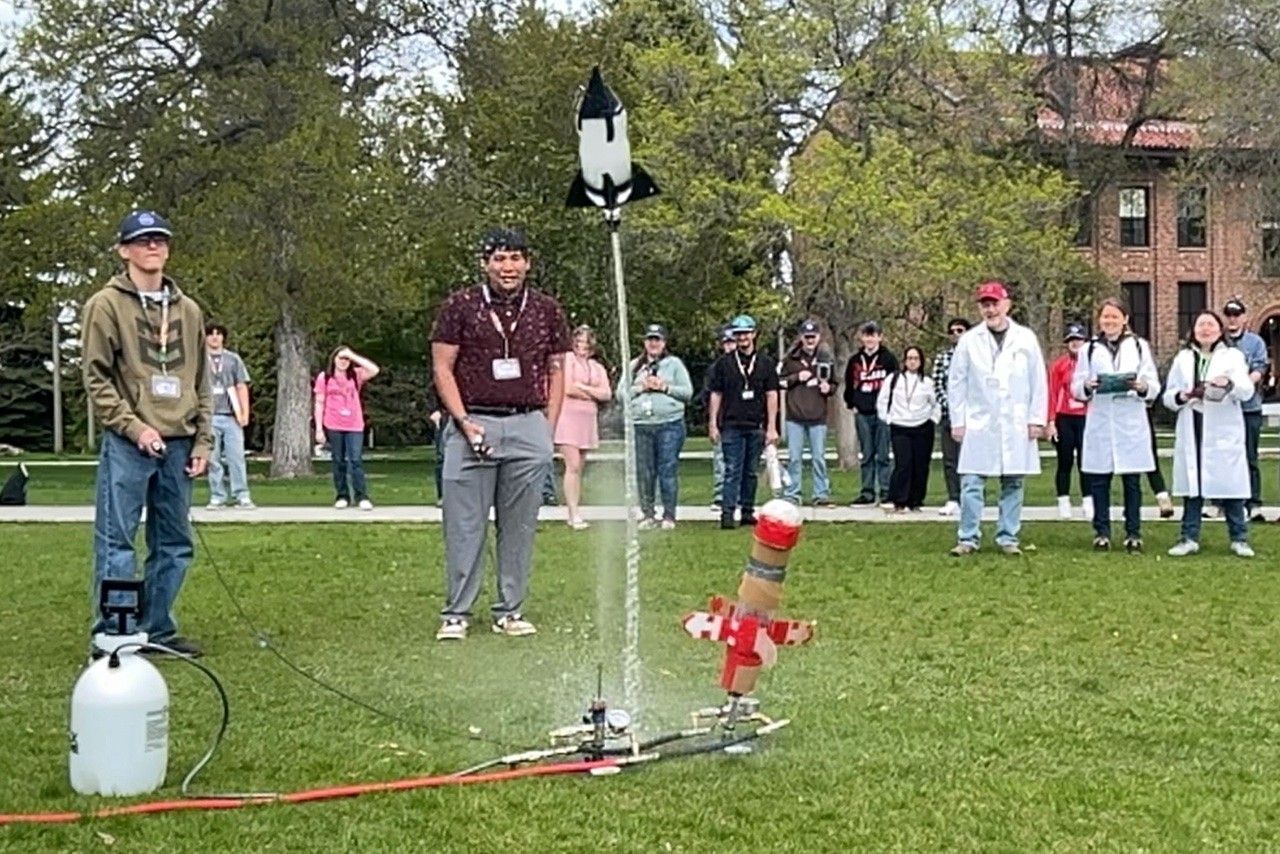For some students, the concept of space exploration can feel light-years away. Fortunately, informal education institutions such as science museums, planetariums, libraries, and others help bring the excitement of spaceflight closer to home. This Teacher Appreciation Week, we’re highlighting the important role of informal education in inspiring students who may otherwise have few opportunities to engage with NASA STEM.
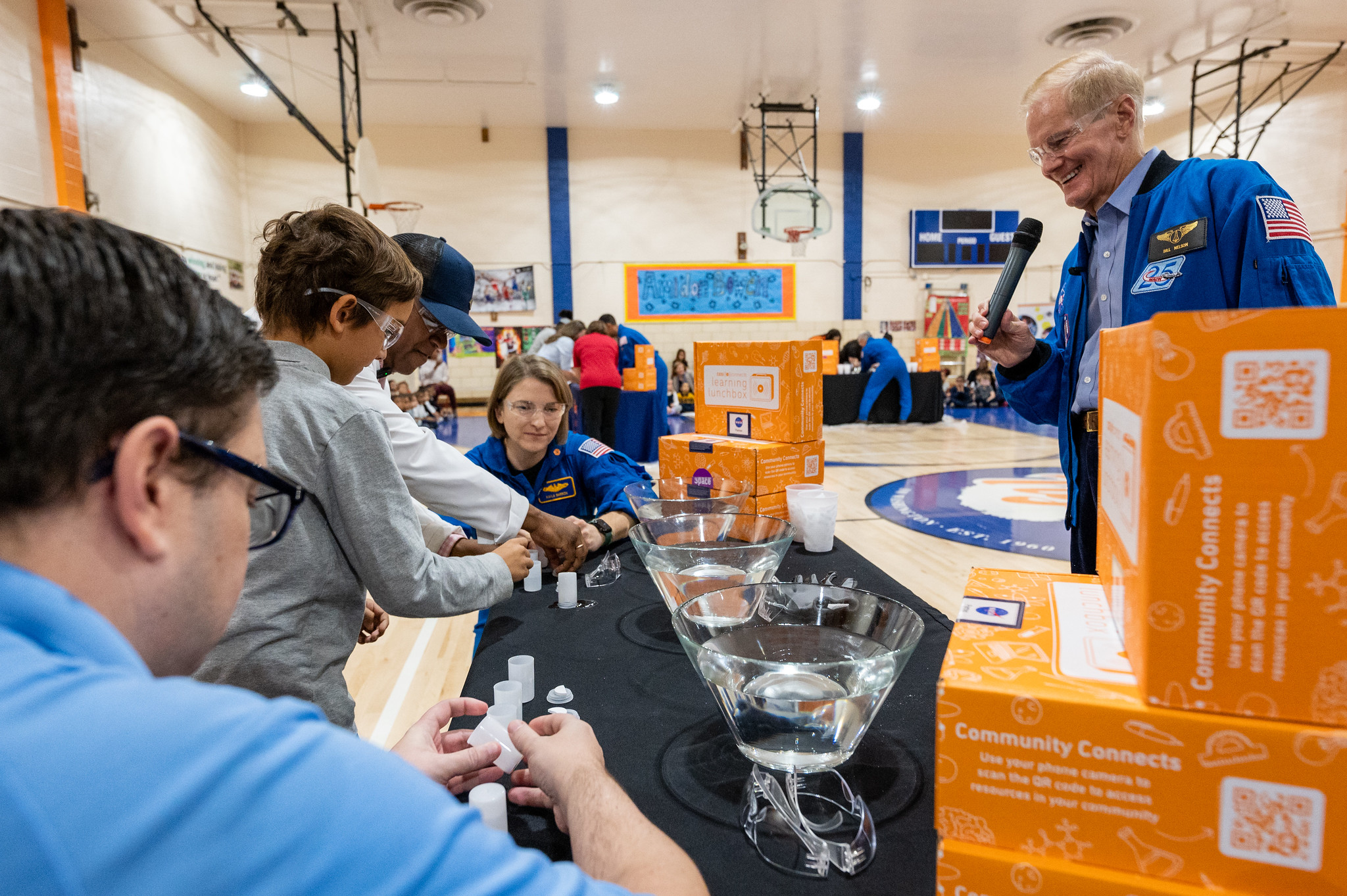
For some students, the concept of space exploration can feel light-years away. Fortunately, informal education institutions such as science museums, planetariums, libraries, and others help bring the excitement of spaceflight closer to home. This Teacher Appreciation Week, we’re highlighting the important role of informal education in inspiring students who may otherwise have few opportunities to engage with NASA STEM.
The agency’s Next Generation (Next Gen) STEM project has provided funding to selected informal education institutions across the nation through two opportunities: the Teams Engaging Affiliated Museums and Informal Institutions (TEAM II) and the Community Anchor Awards for TEAM II. Read on to learn how some of these awardees are combining their passion for education with a love of STEM to bring space science within reach for hundreds of students.
Feeding hungry minds with NASA Learning Lunchboxes
During the pandemic, the Center of Science and Industry (COSI) in Columbus, Ohio, created Learning Lunchboxes – boxes filled with STEM activities organized around a theme. Through TEAM II, COSI developed two NASA-specific Learning Lunchboxes: one focusing on the Artemis missions and an upcoming kit based on the James Webb Space Telescope. The boxes provide everything students need to complete the activities inside, from safety goggles to scissors.
COSI partners with local organizations and schools around the country to distribute NASA Learning Lunchboxes. Nearly 10,000 kits have been handed out so far, with an additional 20,000 boxes to be distributed during the next year and a half.
“We have a philosophy that science is everywhere and for everyone,” said Stephen White, COSI’s vice president of external affairs, strategic initiatives, and business development.
By delivering servant learning to people directly where they are, we can help inspire that next generation.
Stephen White
COSI’s vice president of external affairs, strategic initiatives, and business development
Bringing virtual Mars missions to Maine
Students in rural areas of Maine have participated in virtual missions to Mars made possible by Challenger Learning Center of Maine (CLCME) in Bangor, a Community Anchor awardee. In these simulations, students research, plan, and execute virtual Mars rover missions.
CLCME exceeded its goal to connect with 10 rural communities, ultimately hosting virtual Mars missions for 16 schools. The team also hosted an in-person “Moon to Mars STEM Community Night” for Whiting Village School. Nearly all of the school’s 27 students attended with their families and others from the community.
“NASA gave us funds to allow this to be a free program for schools, no matter their size – two students, eight students, twenty students,” said CLCME Executive Director Kirsten Hibbard. “We’ve become this resource, literally a community anchor, for these schools.”
Fusing STEM with art and history
Just a few blocks north of the U.S.-Mexico border, Fab Lab El Paso has eight hosted several NASA-themed monthly events through its program, PASOFinders. Selected under the Community Anchor Award, each program engaged up to 30 students in the area of El Paso, Texas, with events that combine art and history with STEM.
For each event, students learned about core concepts related to the day’s theme, such as Inventors Day, Citizen Science, and National Hispanic Heritage Month.
“All PASOFinders programs revolved around a NASA theme or milestone, and included elements of art, culture, and hands-on making,” said Michael Nelson, director of operations. “We covered the core content and then explored that content through memorable hands-on maker projects. To encourage participation and attendance, every program also had its own commemorative badge designed and fabricated in the Lab.”
Taking an Interactive Exhibit on the Road
The mobile, interactive “Earth to Moon” museum exhibit developed by a team at Saint Francis University (SFU) in Loretto, Pennsylvania, focuses on the Earth-Moon system and what astronauts will need to live on the Moon. A Community Anchor project, it includes high-resolution images, and hands-on activities. An inflatable planetarium theater sometimes joins the exhibit.
It officially opened on the university campus in January and has been on the move ever since. The exhibit arrived at the Claysburg Area Public Library in February, where it drew a total of 704 visitors during its month-long stay. It has since traveled to two more area libraries.
For Lanika Ruzhitskaya, SFU assistant professor of physics, it’s all about making sure students know they have a place in STEM.
“With this exhibit, we want to show children that everybody can be part of something big – and NASA is really big,” Ruzhitskaya said. “We want to give them something to dream of and inspire them to keep going.”
Creating Positive STEM Experiences
Often, these opportunities are students’ first encounters with NASA or STEM.
“You can’t necessarily expect them to say, ‘That’s it, I want to be an engineer,’ and give up their dreams of being a cowgirl,” Hibbard said, recalling one young student’s career ambitions. “This may be the first time they’ve seen themselves in this role or knew this was an option for them.”
With that first STEM experience comes an opportunity to create a positive foundation informal educators can build on.
“The strength of informal education organizations is that we are able to provide this sort of intersectional, interdisciplinary learning that can be difficult to achieve in a formal education setting,” said Cathy Chen-Arriaga, executive director of Fab Lab El Paso. “But it’s so needed for the kids to be engaged, for learning retention, and for exploration of different pathways – and it really is reflective of how things work in the real world.”
Next Gen STEM is a project within NASA’s Office of STEM Engagement, which develops unique resources and experiences to spark student interest in STEM and build a skilled and diverse next generation workforce. For the latest NASA STEM events, activities, and news, visit: NASA Learning Resources
NASA’s Museum & Informal Education Alliance is an active community of practice that provides informal educators with access to NASA resources. Learn how to get involved at:
https://stemgateway.nasa.gov/connects/s/mie-alliance-landing-page














